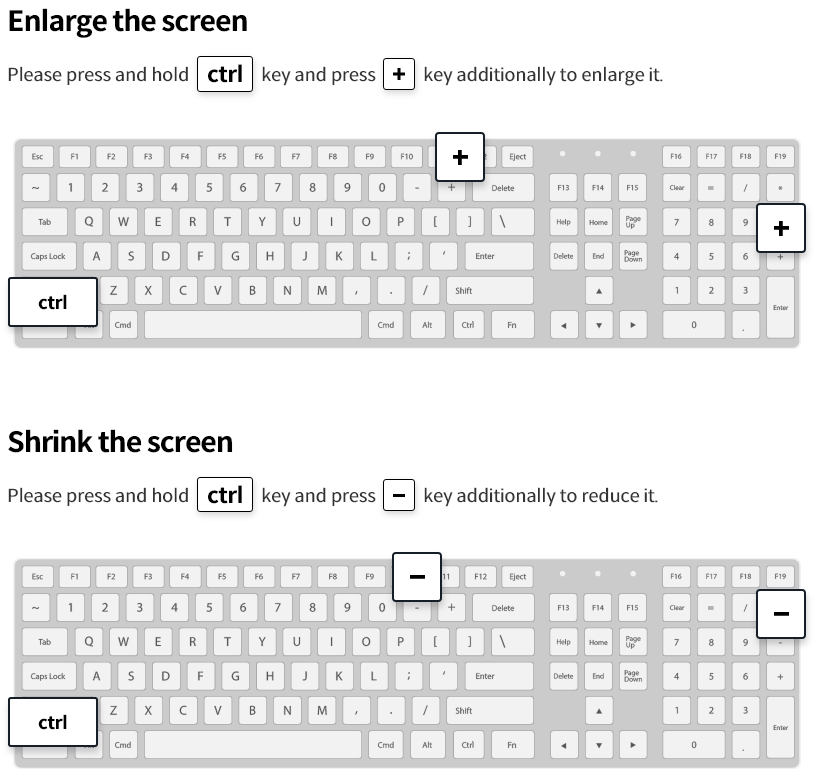The Export-Import Bank of Korea (www.koreaexim.go.kr, Chairman Kim Yong-hwan, “ Korea Eximbank”) announced that it held an ‘ICT Sector Globalization Conference’ on September 26 at Conrad Hotel in Yeouido, Seoul, attended by over 150 delegates from domestic ICT (information and communication technology) players including communication equipment manufacturers, software developers, and contents providers.
Jointly sponsored by the National IT Industry Promotion Agency (President Park Soo-yong) and the Korea Information Security Center (President Lee Ki-joo), the conference was held to evaluate the global footprint of Korea’s ICT industry and its economic spillover effects, as well as to seek ways to promote its overseas expansion.
Chairman Kim of Korea Eximbank said in his welcoming address, “The ICT industry creates value throughout society, especially when it converges with other areas of science and technology. Korea Eximbank will strive to cement its leadership in financing the globalization efforts of ICT players, making use of various tools including export credits, Economic Development Cooperation Fund* (EDCF) loans, and the Knowledge Sharing Program** (KSP).”
* The Economic Development Cooperation Fund (EDCF) was established by the Korean government in 1987 to promote economic exchanges with developing countries and to assist developing countries in achieving industrialization and economic stability through the provision of long-term, low-interest credit.
** The Knowledge Sharing Program (KSP) is a development cooperation program designed to impart to developing countries Korea’s unique economic development experience, providing tailored policy advice and capacity-building support on that basis.
During the event, Korea Eximbank presented a blueprint for increasing and systematizing its support for the ICT industry.
First, Korea Eximbank plans to induce the creation of KRW 6.5 trillion in ICT-related added value and over 3,000 new jobs by providing KRW 12 trillion in financing for the ICT industry by 2014.
Second, the bank will launch a consultative body to support the globalization of the ICT industry by the end of this year.
This consultative body, which would comprise Korea Eximbank, the National IT Industry Promotion Agency, and the Korea Internet and Security Agency, is to devise a comprehensive system to support ICT players entering foreign markets, with financing as well as assistance regarding market development, project identification, feasibility studies, entering bids, etc. Tools at its disposal would include EDCF loans and the KSP.
Finally, Korea Eximbank is going to increase R&D loans to promote the localization and exports of high value-added intermediary ICT goods (components and materials) which are highly dependent on imports.
Accroding to a report released in July by the bank’s Overseas Economic Research Institute, a 5 percentage-point increase in the localization rate of intermediary ICT goods (currently at a mere 55 percent) would generate 63,000 new jobs, more than the 61,000 permanent staff at Hyundai Motor Company.
As part of a separate initiative, the bank is also working to promote the joint overseas expansion of small and medium-sized ICT companies with large Korean contractors participating in overseas projects, by urging the latter to sign shared-growth MOUs with their SME partners. It will also bolster support for investment?development-type ICT projects where Korean companies participate throughout the entire project cycle as project developers, equity investors, contractor/suppliers, and operators.


